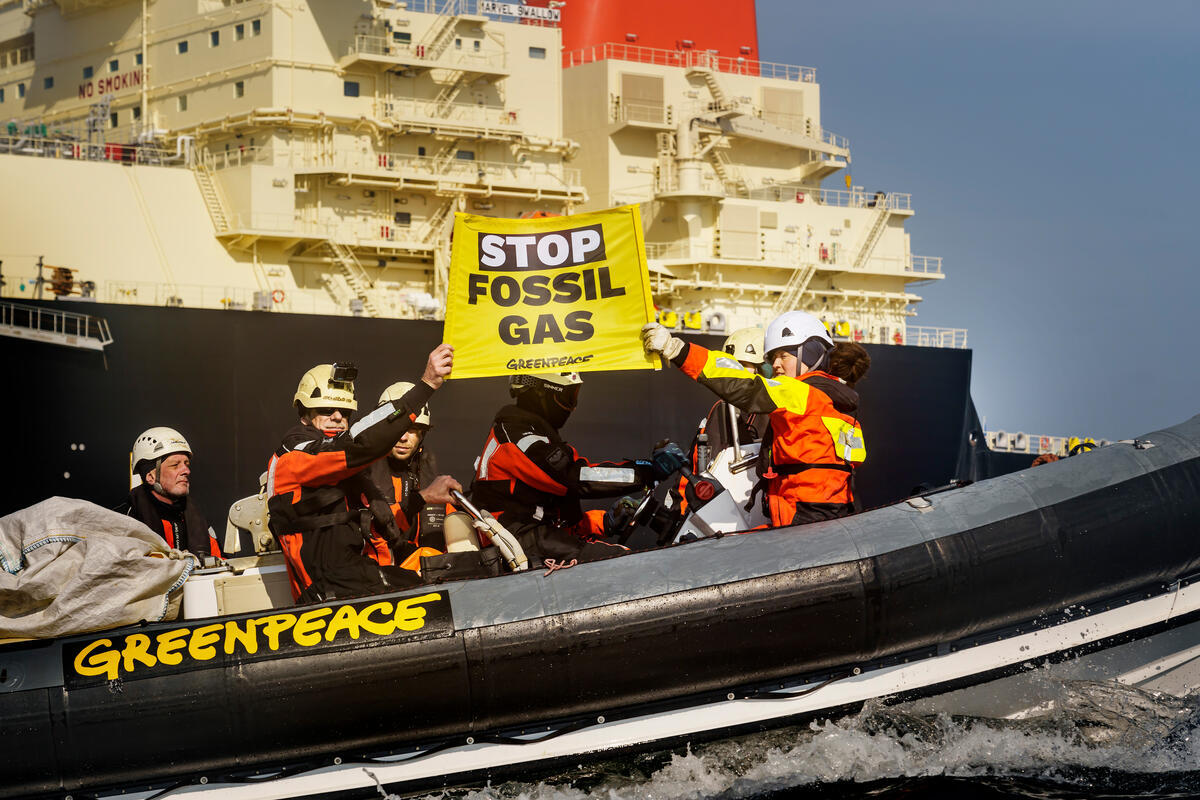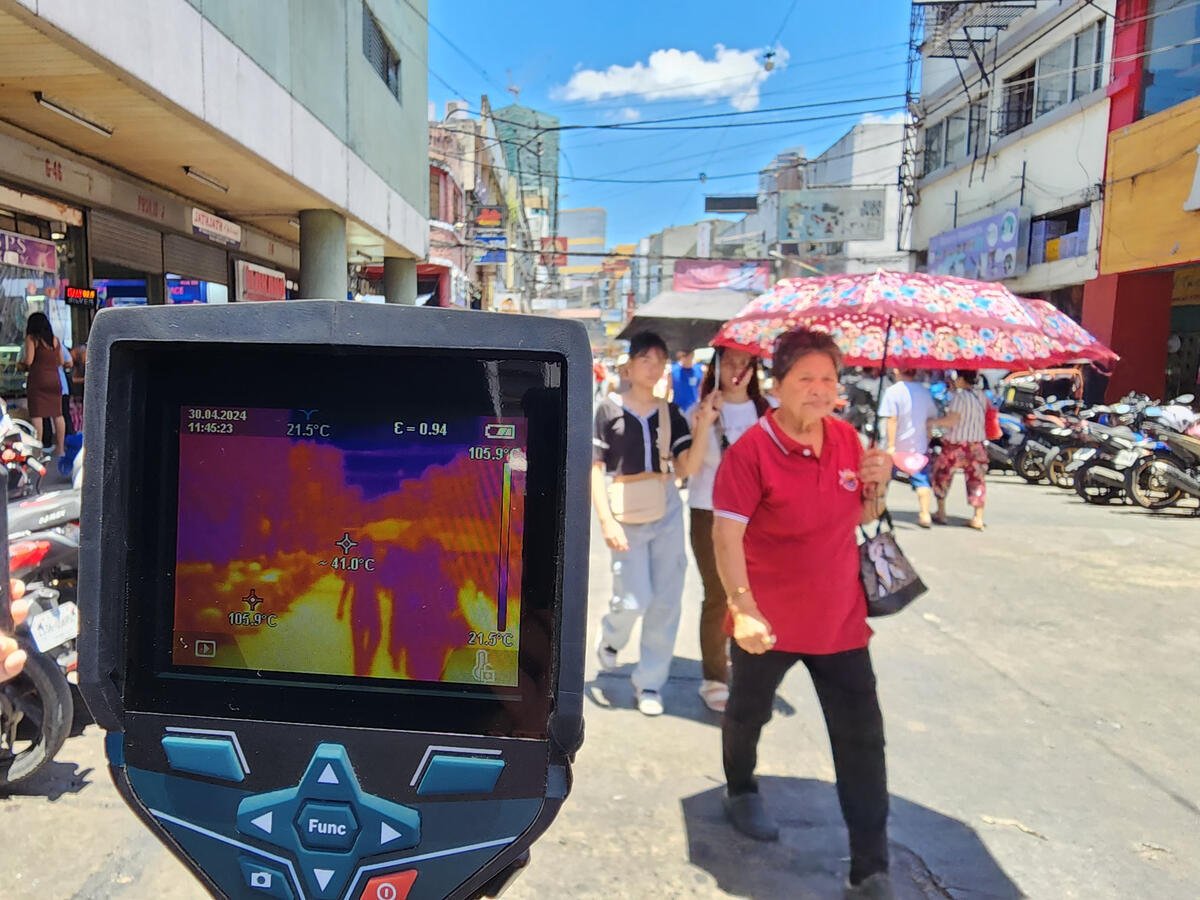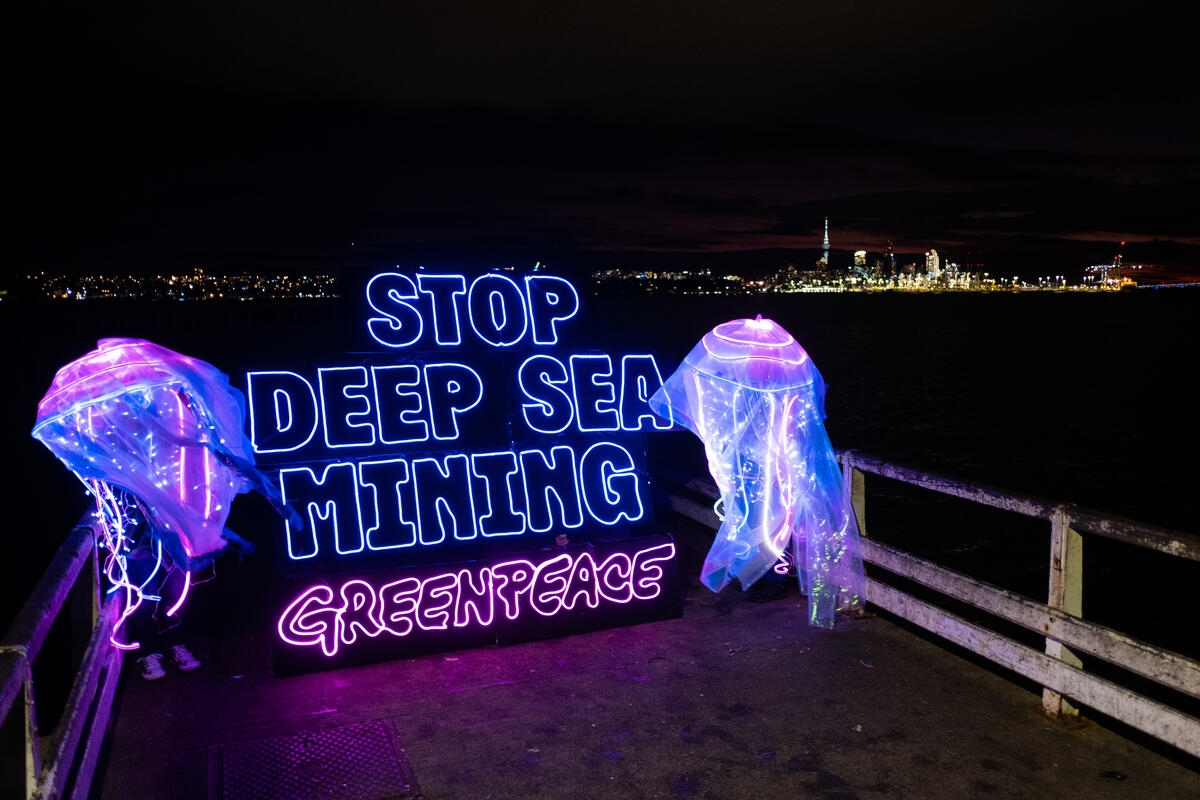Incheon, Korea, 8 October 2018 – The Intergovernmental Panel on Climate Change (IPCC) today revealed the massive and urgent task ahead of us to limit global warming while also providing a clear blueprint in order to achieve it.
The IPCC’s Special Report on 1.5 degrees Celsius shows that global CO2 emissions must be halved by 2030 before falling to net zero by mid century at the latest. Global warming is expected to exceed 1.5 degrees between 2030 and 2052 if it continues at current rates, reinforcing the urgency of emissions cuts.
To meet the 1.5 degree target, coal consumption would need to be cut by at least two thirds by 2030 and fall to almost zero in electricity production by 2050. Renewables would supply 70–85% of electricity in 2050, with trends showing even higher potential. The report finds that the substantial improvement in solar, wind and electricity storage technologies could be a sign that a system transition has already started.
Oil and gas use will need to decline rapidly too. A pathway that does not rely on CO2 removal technologies would see oil declining by 37 % below 2010 levels by 2030.
Natural climate solutions such as forest protection and reforestation have the potential to provide over a third of the cost-effective CO2 mitigation needed through 2030 for a 2 degree target, implying high potential for 1.5 degrees too.
Executive Director of Greenpeace International, Jennifer Morgan, said:
“The world is on fire. In order to avoid more of these tragic fires, severe storms and loss of life, the world must halve global emissions in the next decade. This is a huge challenge, but it is doable and the costs of not following the right path are a matter of life and death to millions around the world, particularly the vulnerable.
“This IPCC report is the most unique and important climate science report we’ve had. Governmental and corporate leaders have nowhere to hide and must show they understand the science by acting with the urgency it demands. But we all have a role. Every person has to do everything in their power to change course and follow the plan that is included in the IPCC report.”
Senior Policy Advisor at Greenpeace Nordic, Kaisa Kosonen, said:
“Will we get there in time? Nobody knows. It’s uncharted territory we’re heading into. What matters now is that we decide to try and that we make it our absolute priority. Only then do we have a chance to protect ourselves from the devastating impacts that science says would start accelerating after 1.5 degrees.
“Those who say it’s unrealistic are actually telling us to give up on people, to give up on species, to give up on our amazing planet. We will not accept this. We do not give up on human ingenuity, courage or hope against political apathy and corporate greed. We will never give up on us. We are determined to succeed ”
Climate and Energy Campaigner at Greenpeace East Asia, Mari Chang, said:
“We’re witnessing the beginning of the end of coal in Korea through game-changing decisions by Chungcheongnam-do to phase-out coal and two South Korean pension funds to end coal financing. These decisions challenge the Moon government to also ramp up action in line with the Paris goals.
“The IPCC report has sent a clear signal that coal must not be part of our future. This means Korea’s top public financial institutions – KEXIM, K-SURE, and KDB Bank – must end their overseas coal investments.”
The IPCC report was released as Greenpeace East Asia activists unfurled a banner from the building where the IPCC’s final press conference was to be held to send a message of hope across the world.
The banner message was: “We still have hope, climate action now!” to support demands for world leaders to listen to the IPCC’s authoritative report and fundamentally improve their climate action plans.
The IPCC report will now feed directly into the Talanoa Dialogue that will conclude at the annual UN climate talks in December this year (COP24) and guide governments in ramping up their climate action plans.
ENDS
Visuals: photos and video can be accessed here.
Notes: Greenpeace has produced a detailed briefing on the IPCC report, which can be found here.
Contacts:
Maria Elena De Matteo, Global Communications Strategist, Greenpeace East Asia, [email protected], phone: +82-10 6829 0949
Greenpeace International Press Desk, [email protected], phone: +31 (0) 20 718 2470 (available 24 hours)



